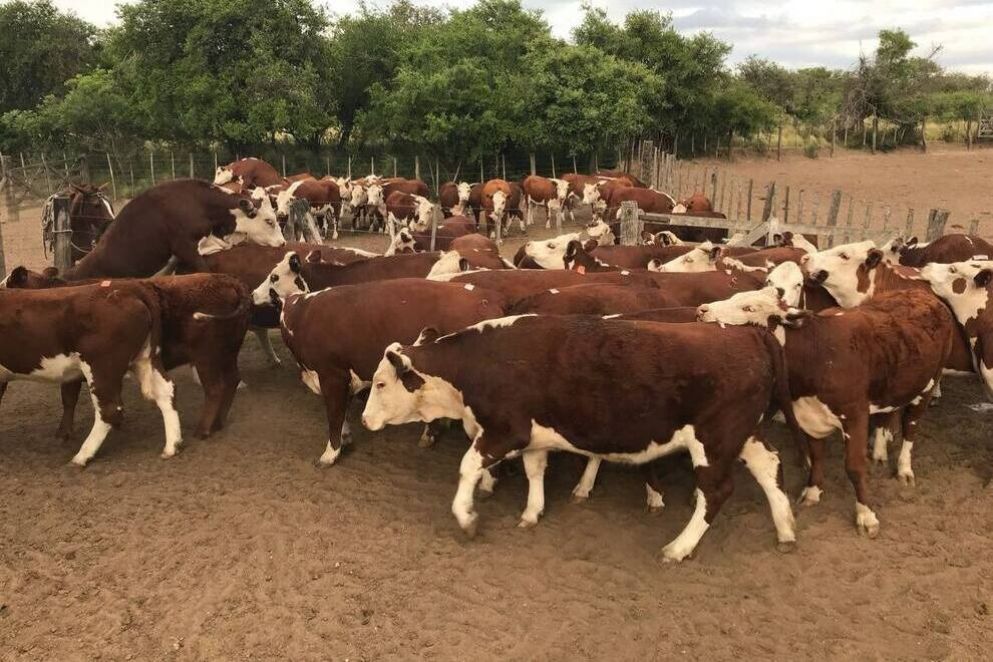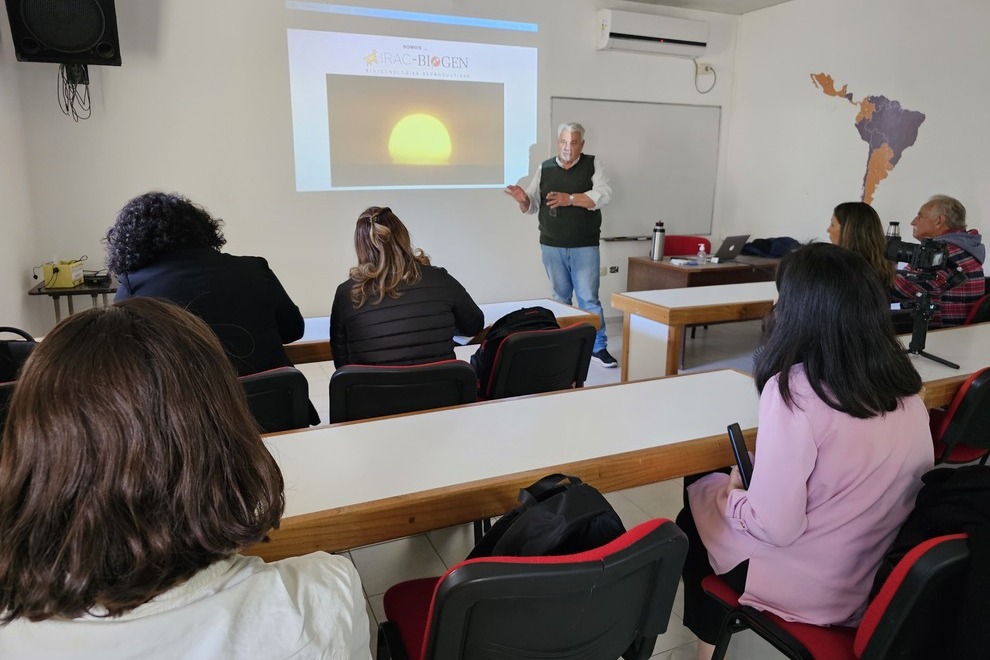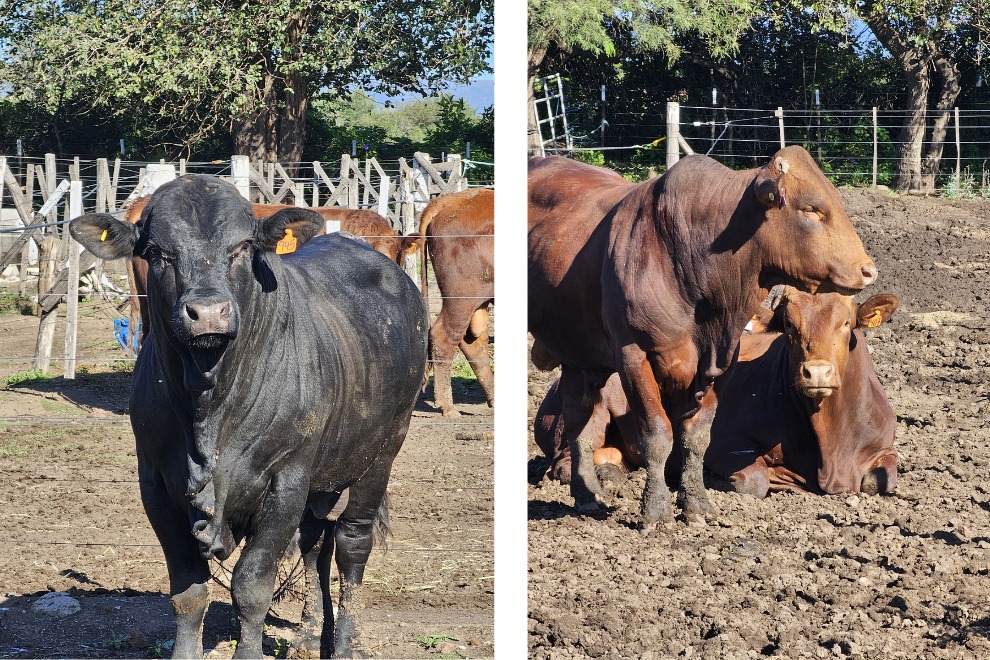
- Officials from the investment promotion department of Rondônia (Brazil) visited IRAC Biogen, the leading company in livestock biotechnologies from Córdoba.
- They were able to learn about the work carried out by scientists and researchers from Córdoba and to learn about research and processes that can have a positive impact on their country.
- The visit was part of the mission coordinated by ProCórdoba Agency, during which authorities and businesspersons from the Northern Region of Brazil are visiting the Province of Córdoba.
The agenda included a tour around IRAC Bioigen, a firm located in the rural area of Estación General Paz. There, visitors were able to talk with leadership of this company dedicated to transferring to the productive sector insight into the management of new reproductive technologies.
One of the main sectors of the Brazilian region's economy is livestock farming. On account of this, the visitors inquired about the proposals of researchers from Córdoba which will allow them to incorporate animal genetics and improve the quality of their breeds.
According to the authorities of the Secretariat of Economic Development, Rondônia is one of the few areas internationally recognized by the World Organization for Animal Health as free of foot-and-mouth disease without vaccination. This, together with its intensive farming, makes Rondônia one of the main leaders field in its home country.
In their first stint at Córdoba, the visitors established contacts and obtained information they consider very valuable for the consolidation and expansion of the activity, yielding with higher volumes and adding genetic and health quality to their products.


About Rondônia
Rondônia is a Brazilian state located in the northern region of Brazil, between the Amazon, the state of Mato Grosso and the Republic of Bolivia.
It began to develop its economic and tourist potential in 1982, when it ceased to be a territory and became a state, and the agricultural sector began to grow. Among its main activities are the production of coffee and cocoa (products that achieved national recognition for their quality), livestock, soybean, and rice production and river fishing. In addition, due to its proximity to the Amazon, it has developed a proposal for ecotourism and traditional tourism mixed with local cuisine.

